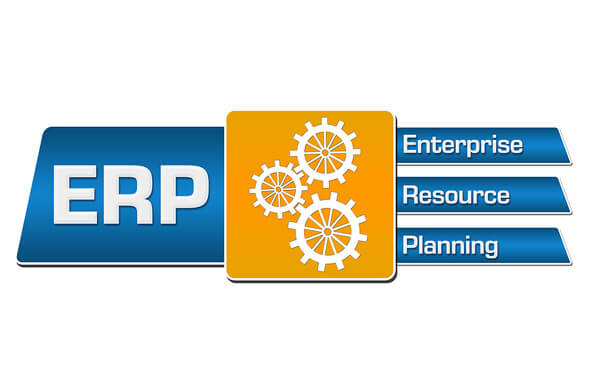Setting Scope when Planning for a new ERP Project
At Lumenia we help dozens of organisations every year through ERP Selection and Procurement processes. They usually contact us knowing they need to change solution for one of the following reasons:
- Their current solution is reaching end of life and will be unsupported.
- Their business has grown or evolved, and the current solution is not a good fit anymore.
- Some other external factor (like being divested) means that they must get off old systems.
Sometime the brief is no more specific than that – “we need to change”.
One of the first things we do is help the organisation answer some key scoping questions. That helps set a suitable budget and gives a good basis for going to market and identifying and engaging with potential bidders. It is also an important step in building engagement and buy-in around the organisation – “what is the project about and why are we doing it?”.
Click Play for a 30 second video summary of this blog on ERP Project Scope when Planning for a new ERP Project.
Let us consider some typical ERP scoping questions.
ERP Project Scope Questions
-
What parts of the organisation should be included?
Which divisions, legal entities and geographies are in scope?
-
What functional areas should ERP cover in this organisation?
Some implementations are limited to core back-office functions like finance and procurement. Other cover operational processes like manufacturing and supply chain and others cover some service delivery operations like field service or project management and execution. It is important to be clear on what the project is trying to cover.
-
What other systems should ERP integrate to?
Related to the two previous questions this one looks at what systems currently support those out-of-scope functions, processes, or divisions and whether integration is required to the new solution.
-
What benefits do I hope to realise?
This can be important in building a business case but is also important for building buy-in around the organisation and aligning functional requirements and solution differentiation factors to key business drivers.
-
Will business processes change?
Some ERP projects are just technology replacement projects, but most involve some level of business process change or even broader business transformation. If that change is not managed well the project will run into difficulty. Early identification of those areas that will require most change will help to manage that change internally and highlighting it will help bidding vendors size their effort estimates more accurately. Ideally some future state process design could be undertaken even before going to market for a new solution, though this is not always possible.
-
Should the new ERP system be implemented in phases?
Depending on the complexity of the project it may be appropriate to implement in phases. Having a view on this early will be useful in mobilising for the project and will also have an impact on the approach and estimates that potential bidders will put forward.
-
How should ERP be deployed: on premises, hosted or in the cloud?
Some organisations have very definite requirements in this area – these should be identified early as they may have an impact on which solutions are potential candidates.

While the questions may seem obvious it is our experience that many organisations decide to start ERP projects and communicate their intentions internally without having adequately scoped their project. Answering the above questions early will be beneficial to building internal buy-in, consensus and readiness as well as setting you up for a clear market engagement and a successful selection process.
Furthermore, it will be a good early step in aligning for a successful delivery once the solution is selected. The scope set at this stage, which will be refined with more detail following solution selection, will form a starting point for vendor contracts and ultimately the implementation Statement of Work.
This blog was written by Ian O'Toole, Consulting Manager at Lumenia. For further information please send an email to Ian O'Toole


